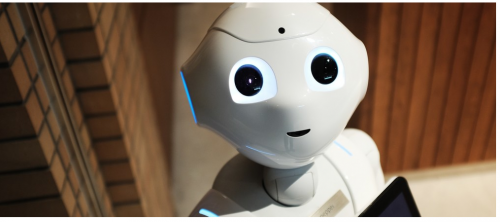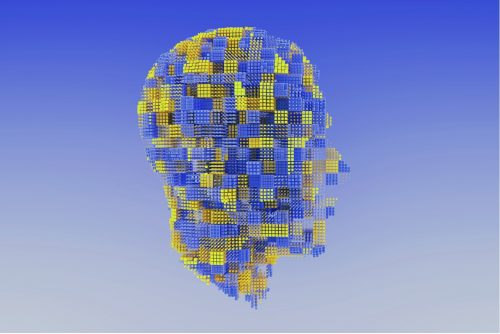With no emotions, machines could make fair, rational decision with concrete evidence; in addition there will not be corruption as well as unethical behavior. So can we entrust robots making decision for us? Can robot leaders do better than our politicians?

The possibility has been questioned and analyzed by many experts with different origins such as UK, India, New Zealand and Japan. It is without a doubt that there will be much more evidence-based decision and less irrational call. A robotic government would be capable of higher and wider reach compared to any human leader with unlimited stamina and data analytic capability.
However, it also poses grand challenges for human beings to cope.
The first dilemma in giving the authority to robots is going to be its imperfection despite its abilities of deep learning: there will be hidden context that it has not been taught, complicated situation which requires diplomats making major decisions. Under this circumstance, robots are messy and incompetence.
The second one is the limited capabilities of education and infrastructure as technology has been developing at an incredible speed. However, not everywhere is the same. There is a great gap between areas, culture, nation in how developed AI is. It will result in programmer’s bias anyhow.
And finally, by giving robots administrative power and independence of making decision, we will be facing security risks such as cyberattacks, information leaks, error which might lead to dangerous outcome we cannot foresee.
In conclusion, the key is to use AI to form a safer, prosperous society. At the same time human right and data privacy should not be ignored. This fact is also included in the Layer 1 of the AIWS 7-layer Model. It is expected that we will be able to see online governance in the near future.










